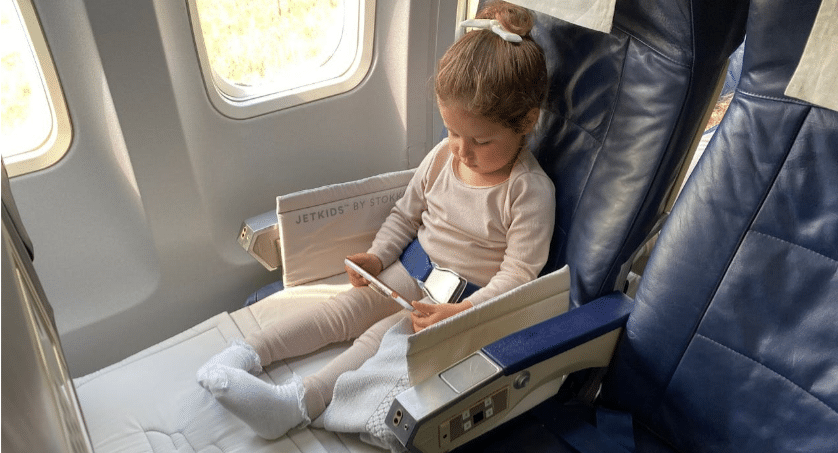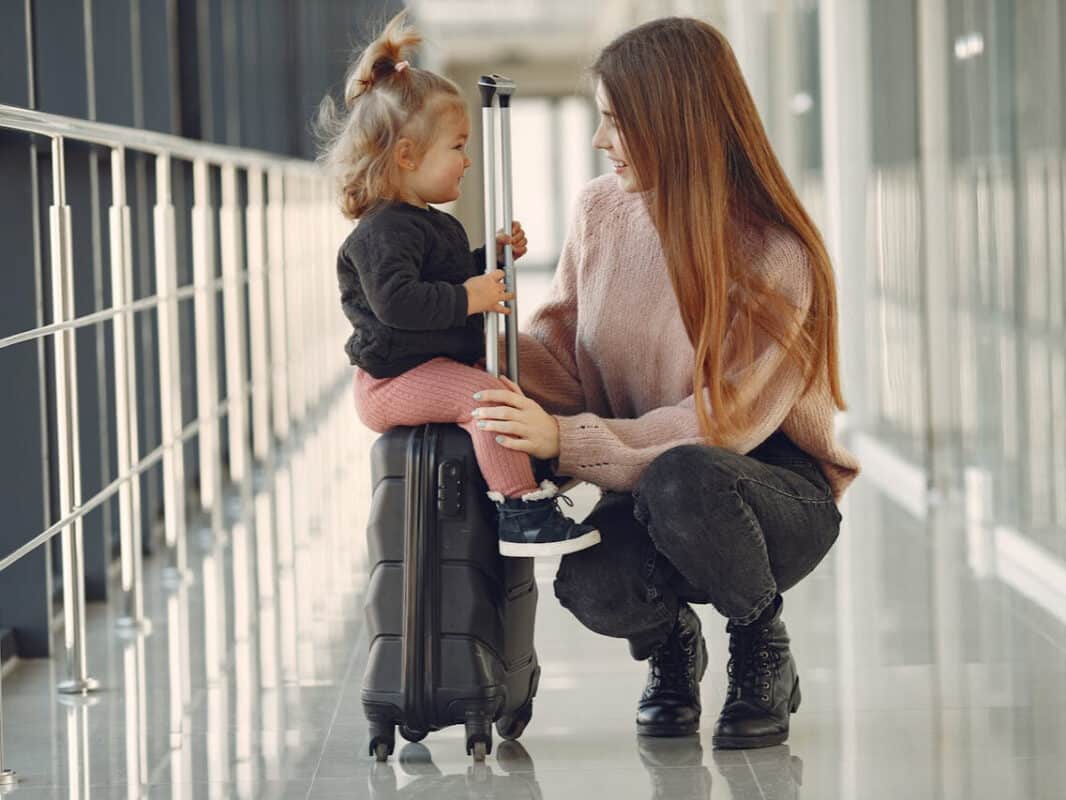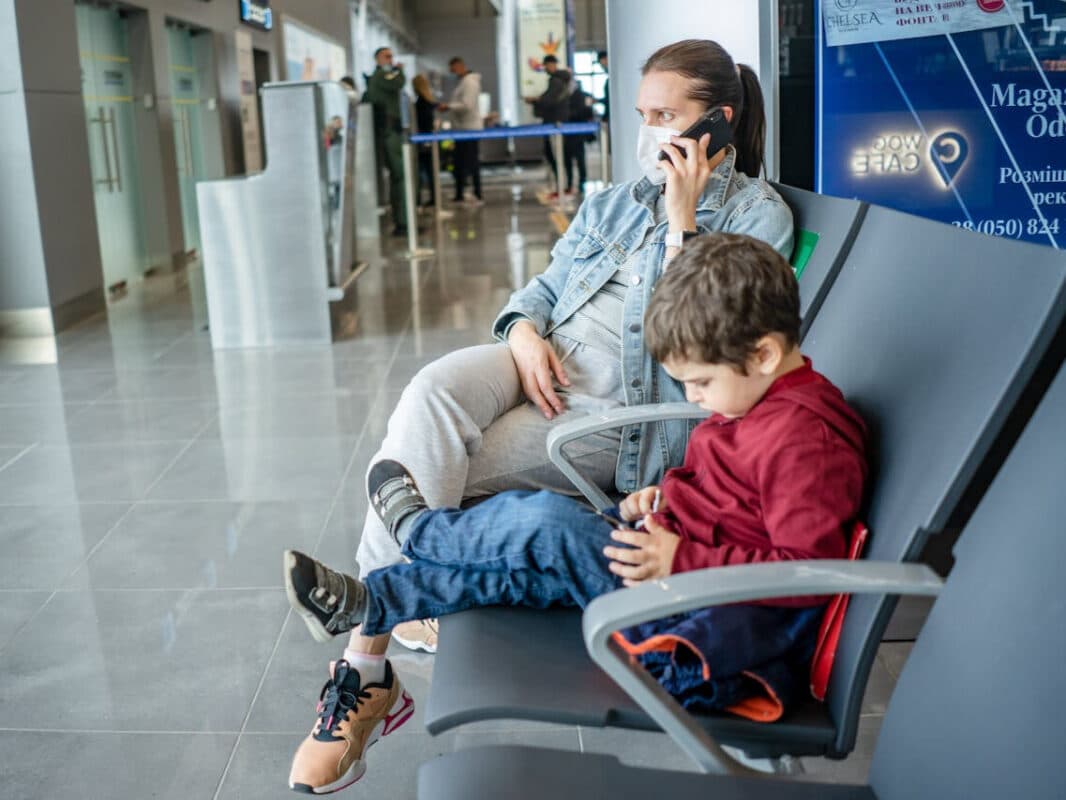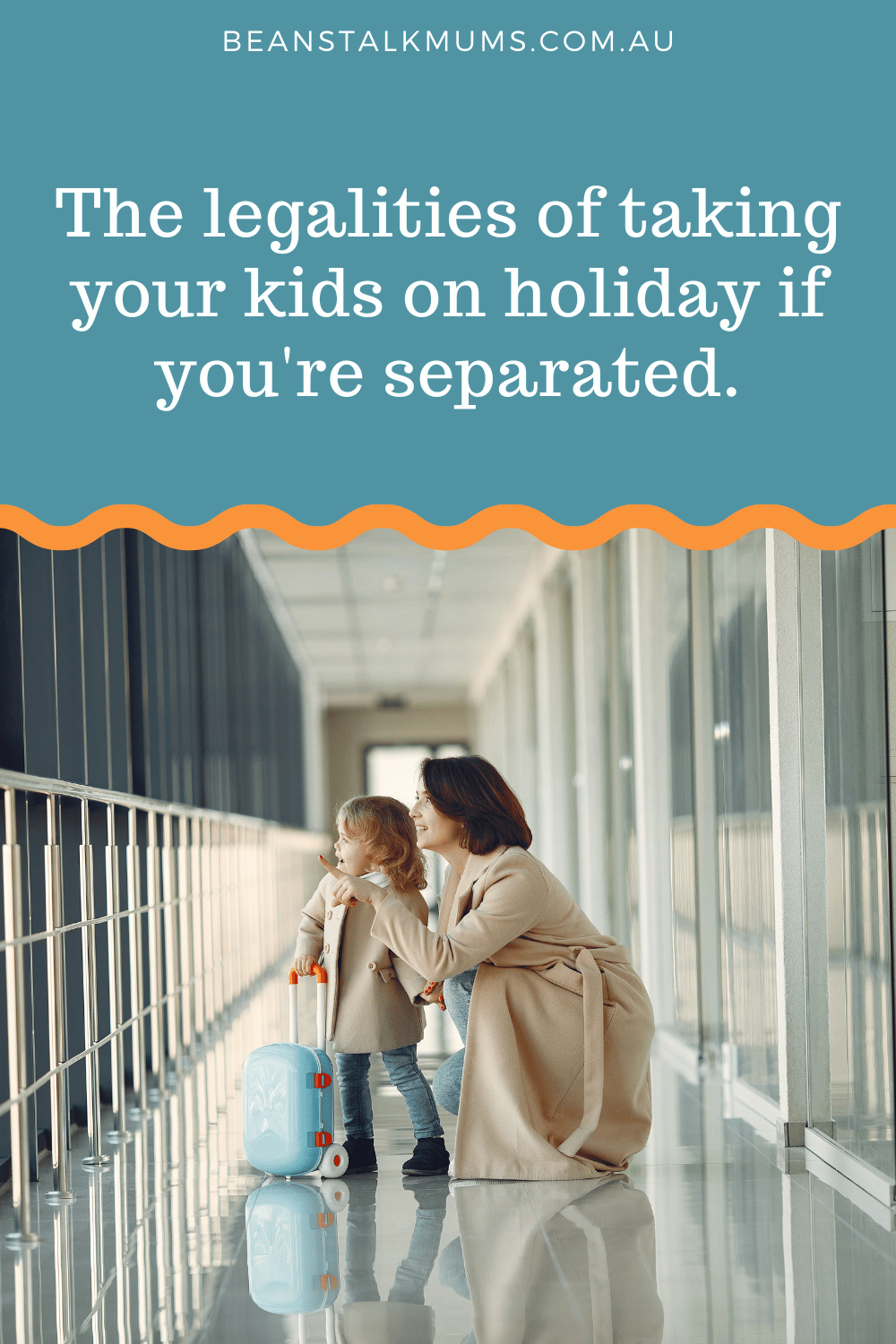
For many Australians who've been putting off holidays or have an overdue visit to family and friends overseas, the return of international travel is a huge relief. But for single parents who are sharing child custody, travelling with children abroad is not as simple as grabbing a passport, booking a flight, and packing a suitcase. You have to be aware of some important rules and responsibilities before leaving Australia. This helps you avoid any potential legal issues that could cause big problems down the line. If you’re planning to travel overseas with your child, the first rule is to inform your co-parent about your travel plans. If you don’t, there may be serious consequences. What are they? Let's find out from my co-parenting holiday travel guidelines below!
Further reading: How to bag yourself a cheap family holiday.
What does the law say about co-parents making decisions for their children?
Under the Family Law Act 1975, which is the main law for family matters in Australia, it's generally assumed that both parents share equal responsibility for major decisions about their child. This includes choices about health, schooling, moving, religion, and travel. But, if there are court orders, they might change this arrangement if sharing responsibility isn't in the child's best interest.
Under the idea that both parents have a say, big decisions like health, schooling, moving, religion, and travel need a team effort. This means you’ve got to chat with your co-parent before making these calls for your child. Remember that in co-parenting, both of you get a say in the important stuff.
Child custody vacation (Do's and don'ts)
Open communication and compromise
Determine how your kid will keep in touch with your ex during the vacation. It can be via phone calls, online messages, or video chats. They can do it at the end of the day, or your child can send photos and updates whenever they want.
It also helps to share your travel itinerary, contact information, accommodation plans, and emergency details. It's normal for the non-travelling parent to ask for details.
Remember that by doing this, you are not giving up control. Instead, you are showing your former spouse that you can cooperate and co-parent effectively. Doing this prevents unnecessary panic when your ex tries to reach you, and you're somewhere in the Grand Canyon with zero cell reception. You can also agree not to share every detail of the vacation, but make sure you can give updates whenever needed.
If you’re planning a lengthy trip, your child might miss spending their usual time with the non-travelling parent. As a compromise for allowing you to travel with your kid, arrange some “make-up time” with your co-parent when you return home.

Have a parenting plan in place
When putting together your parenting plan, don’t forget to cover vacations! A parenting plan allows you to set expectations for how and when to discuss vacation plans. Talk about how vacation time will be split, how much notice needs to be given, and any restrictions on travel destinations. This bit of planning now will prevent last-minute scrambles and ensure that both parents are on the same page.
Kids thrive on routine. A parenting plan provides a consistent schedule so they know what to expect. Our little ones need this stability, especially during vacations, which can already shake things up a bit.
Don't travel without consulting your co-parent about your plans
Springing vacation plans on your ex at the eleventh hour is a recipe for conflict. I have a friend who tried and it did not end pretty. Surprises might work for birthday parties but not for custody schedules.
If you’re considering vacation time abroad and have not received consent from the other parent, contact a family lawyer to discuss your arrangements and options and find the best way forward for you. Always provide ample notice and discuss any potential conflicts early on.
If you fail to consult your co-parent and choose to take your child on an international trip that is not agreed on by both parents, this can be considered child abduction under the law.
Further reading: Ex won't sign passport application for your child
Do respect the Custody Agreement
Custody agreements are legally binding, not a casual set of guidelines to be interpreted loosely. Make sure your vacation plans comply with the stipulated dates and conditions. If the agreement says "no international travel," resist the urge to whisk your child off to Paris on a whim. Stick to the agreement to avoid a visit to the courtroom.
Don't take the risk of travelling anyway
As I said earlier, if you don’t consult your co-parent and choose to leave Australia with your child without their consent or while waiting for the Court’s decision, you could be breaking the law under sections 65Y and 65Z of the Family Law Act. If found guilty, you could face up to three years in prison.
If you’re travelling to a country that has signed the Hague Convention on the Civil Aspects of International Child Abduction, your co-parent in Australia can apply for a court order, seeking the help of authorities in the country you’ve travelled to, to return your child to Australia safely. The same law applies if your co-parent has taken your child overseas without your consent. In this circumstance, the non-travelling parent can also apply for an Airport Watch List Order, which can stop your child’s travel at the border.

When should you involve the Court or a family lawyer?
If you’ve talked to the non-travelling parent, share your travel plans and even offer them extra time with the kids to make up for your trip, but they still say no, don't lose hope. There are more steps you can take.
If you feel the other parent is being unreasonable, you might consider applying for a court order to travel without their consent. The court will decide if the trip is in your child's best interest, and they have the final say. It’s important to speak to a family lawyer about this first, as every situation is different.
Although it's rare, sometimes the non-travelling parent might need extra reassurance about your child's safe return. For instance, if you're worried that your co-parent might overstay their trip or secretly plan to move your child to another country, you can ask the court for a surety payment. This payment covers the cost of bringing your child back to Australia if necessary. It's a precaution that’s only used in exceptional cases, but it's good to know it's an option if needed.
Summary: Co-parenting holiday travel guidelines
With international travel making a comeback, I know how much you want to spend some alone time abroad with your kid. But make sure you understand your obligations as a co-parent. Never forget to get consent from the other parent.
Make sure you also include your child in the planning process! This will get them excited and give them a sense of responsibility. Whether it's choosing between the zoo or the aquarium, let them have a say.
When packing, think ahead and be prepared for anything. This includes favourite toys, books, comfort items, and any necessary medications. I’ll never forget one vacation meltdown years ago all because my son’s beloved stuffed toy was left behind.
Co-parenting and travel can be tricky, but with good communication and a solid parenting plan in place, you can make it work! Sticking to the tips above will keep things smooth and fun for your kids, no matter where they are. Stay flexible and focused on what’s best for them. Bon voyage!














